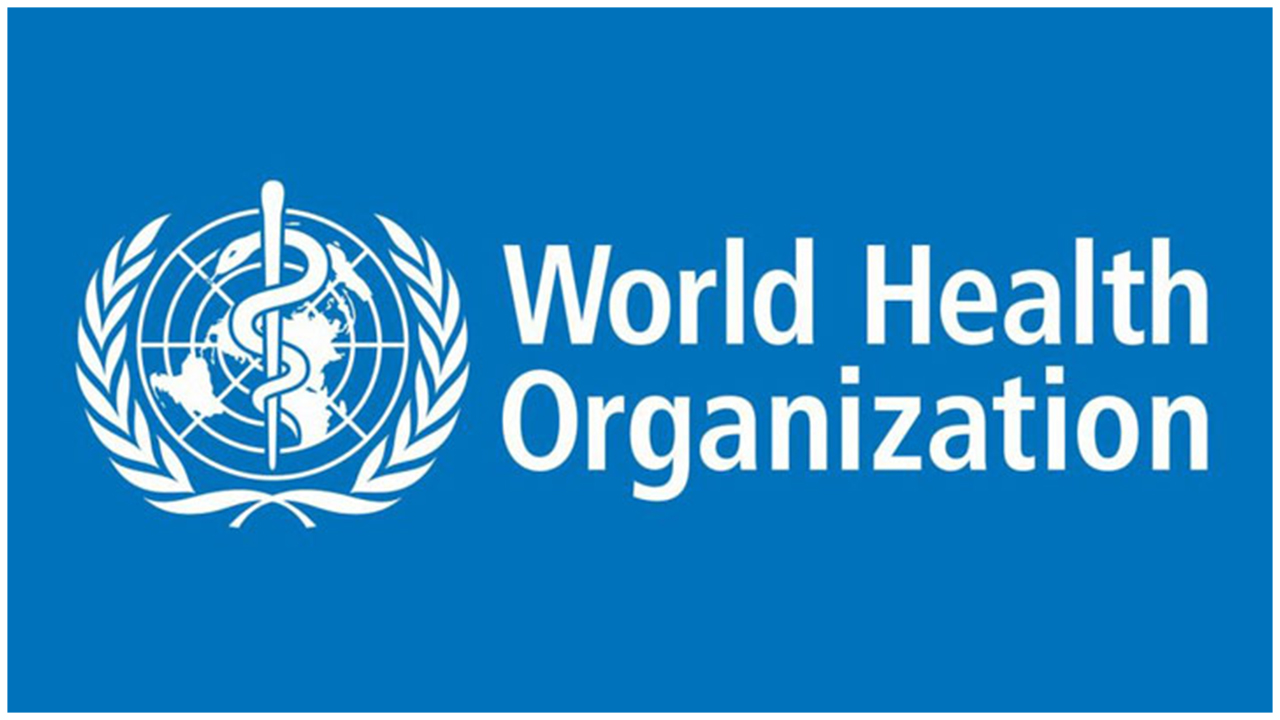Shutting down immunization services in the COVID-19 pandemic risks triggering a resurgence of diseases that can be prevented with safe and effective vaccines, warns WHO in the lead-up to World Immunization Week (24-30 April).
When immunization services are disrupted, even for brief periods during emergencies, the risk of vaccine-preventable disease outbreaks, such as measles and polio, increase. Last year’s deadly measles outbreak in the Democratic Republic of the Congo, which took more than 6000 lives in a country already facing its largest Ebola outbreak, highlights the importance of maintaining essential health services, such as immunization in times of emergency. Further disease outbreaks will also overwhelm health systems already battling the impacts of COVID-19.
“Disease outbreaks must not remain a threat when we have safe and effective vaccines to protect us,” said Dr Tedros Adhanom Ghebreyesus, WHO Director-General. “While the world strives to develop a new vaccine for COVID-19 at record speed, we must not risk losing the fight to protect everyone, everywhere against vaccine-preventable diseases. These diseases will come roaring back if we do not vaccinate.”
WHO is working with partners all over the world to accelerate research and development of a safe and effective vaccine and ensure equitable access for the billions of people who will need it.
But even with an expedited process, the development of a vaccine for COVID-19 will take time. Precautionary measures are essential now to help keep us safe from disease, including diseases for which vaccines already protect children and adults.
Too many people are still excluded from the benefits of vaccines
Prior to the COVID-19 pandemic, the world had made immense progress in ensuring that children are vaccinated. In 2018, 86 per cent of children under the age of five globally were vaccinated with three doses of diphtheria, tetanus, and pertussis (DTP3) and one dose of the measles vaccine, up from 72 per cent in 2000 and 20 per cent in 1980. The number of children paralyzed by polio has been reduced by 99.9 percent worldwide.
Yet, global vaccination coverage is still far from the 95 percent coverage needed to fully protect communities against outbreaks of this vaccine-preventable disease.
In 2018 nearly 20 million children worldwide – more than 1 in 10 – missed out on lifesaving vaccines, such as measles, diphtheria, and tetanus. Roughly, 13 million of the children have never received any vaccines, putting them and their communities at risk of disease and death. The majority of these children live in countries with already fragile health systems, further limiting their access to essential health services when they fall sick.
Measles continues to remain an ever-present threat, especially if vaccination rates drop. Current projections indicate that the number of reported measles cases for 2019 will be at least 800 000. In 2020 there are increasing concerns about another resurgence, especially if vaccination rates fall due to delay or suspension of scheduled immunization activities as a result of COVID-19.
Outbreaks of polio, diphtheria and yellow fever are also of high concern, especially in the countries least able to respond quickly and decisively to address an emerging outbreak, as seen in previous emergencies such as the polio outbreak in Syria in 2013.
Maintaining immunization services during COVID-19
As the response to COVID-19 continues, countries must act now protect immunization services, in order to further minimize disease outbreaks and loss of life. This includes facilitating urgent catch-up programmes in places where services have been disrupted, ensuring strong supply chains, disease surveillance and trained health workers. Caregivers should also make sure they continue to vaccinate their children in line with national policies.
New WHO guidelines on immunization and COVID-19 recommend that governments temporarily pause preventive immunization campaigns where there is no active outbreak of a vaccine-preventable disease. But it urges countries to prioritize the continuation of routine immunization of children in essential service delivery, as well as adult vaccinations such as influenza for groups most at risk. If immunization services must be suspended, urgent catch-up vaccinations should be rescheduled as soon as possible, prioritizing those most at risk.

 WHO is working with partners all over the world to accelerate research and development of a safe and effective vaccine and ensure equitable access for the billions of people who will need it
WHO is working with partners all over the world to accelerate research and development of a safe and effective vaccine and ensure equitable access for the billions of people who will need it









.jpeg)

.jpeg)
.jpeg)
.jpeg)


.jpg)


.jpeg)
.jpeg)


.jpeg)
.jpg)




